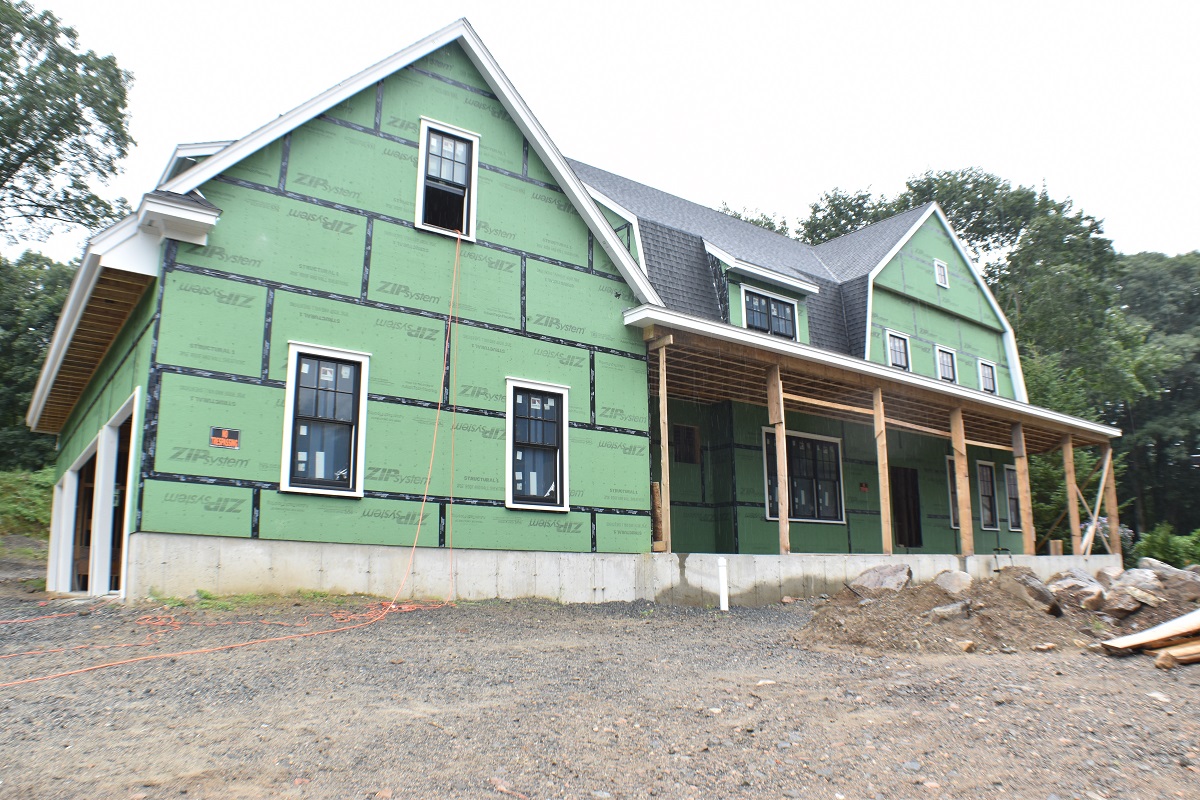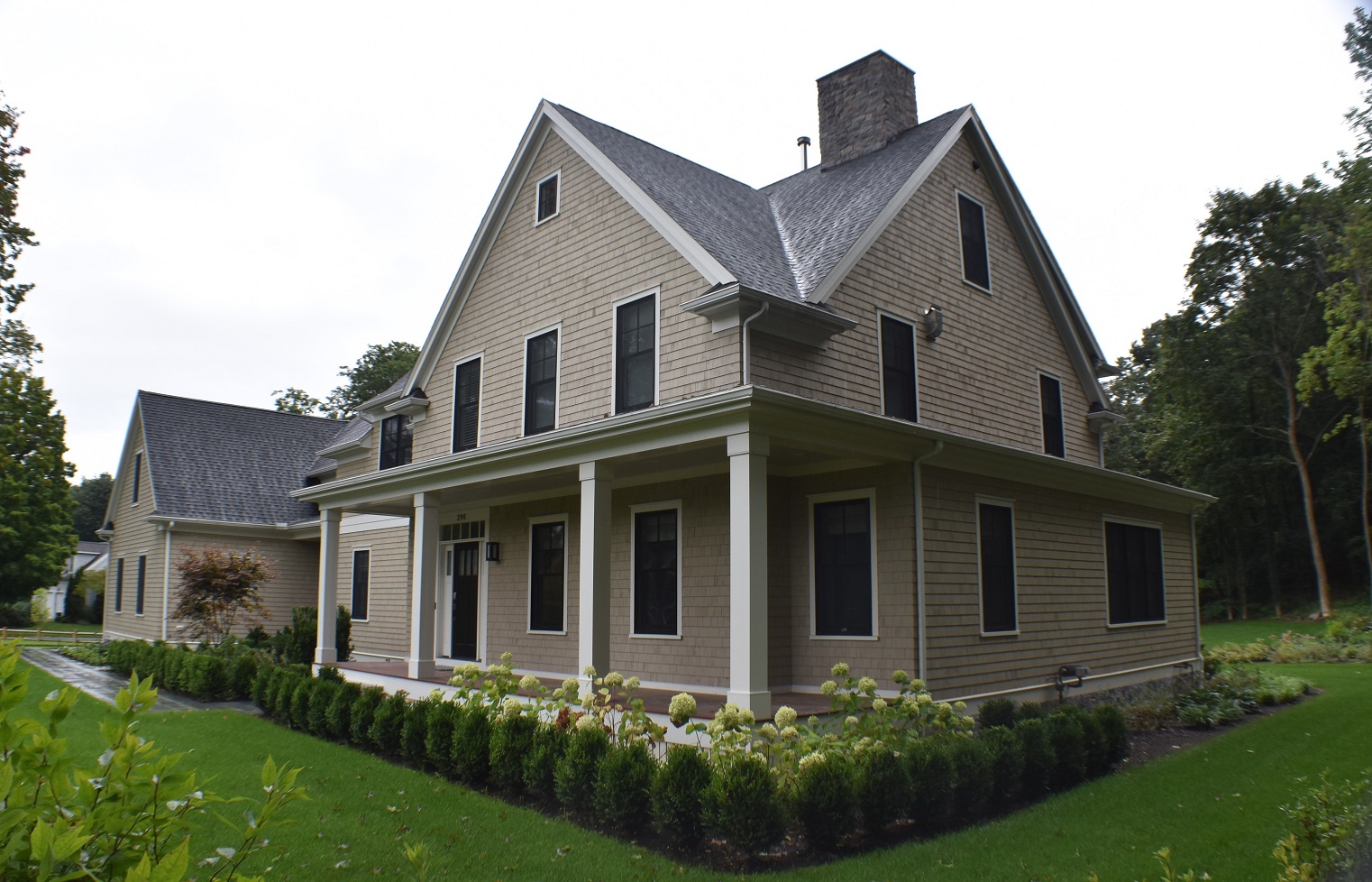
Navigating the Trades of the Building Industry
By Jeff Trovato, E.I.T.
So you have decided you want to build a custom home, or perhaps you want an addition for your existing home, or maybe you are planning a full house renovation. Now what? How do you get started? Who do you contact? How much will it cost? How long will it take?
There are many trades and professions involved with most larger home projects and several necessary steps to take before construction even starts. Navigating the building industry can be daunting for anyone who is unfamiliar with construction processes and trades. That’s okay—you don’t have to know all the answers or even know all the questions, but you will need help from someone who can guide you through the process.
The first steps to building a home can be confusing and cyclical because you may need to contact a few different people to accomplish the following:
- Plan your budget
- Find a building lot
- Establish your concept design
- Hire professionals
Having someone you trust from the beginning will make everything much easier. This could be a general contractor, a family member or close friend, an architect or engineer, or the person who built your parent’s home! What’s important is that you are working with an industry professional whom you trust. Let’s call this person your Trusted Industry Professional (TIP).
Start with your budget. Ask your local bank how to get preapproved for a construction loan, which is what you will need to pay for your new house, unless you are paying with cash. The loan amount plus the cash you plan to put down will give you a rough idea of your total budget number. This number will help you plan the rest of your project.
Next, determine the size and features you can buy within your budget. In other words, how much home can you build with your money? This will take some research. Your TIP, a real estate agent, or architect can help with this step.
If you already own a building lot, that’s one less step to worry about! If you do not own a lot, your real estate agent can help you find one to fit your budget. You will want to have a rough idea or concept design of the house you want to build before you locate a lot. Alternatively, you can find the land you like and design a house that will work there.
Your real estate agent should also be able to help with zoning laws and restrictions and your TIP can help identify lots with higher costs to build on or other issues during the lot selection process.
Depending on your situation, you will likely need to apply for the construction loan that you already are preapproved for before buying the land. The bank will want confirmation that you are going to build a house with the money they lend you. For this step, you may need a preliminary design or some other way to prove you are building a house with this loan.
Now that you have a construction loan, purchased a building lot, and developed a concept design, it is time to hire professionals. You may have already hired an architect or general contractor to help with the preliminary steps. If not, ask your TIP, friends and family for recommendations for an architect and general contractor.
 In short, the general contractor is responsible for getting your project done. Commonly referred to as the “builder.” The architect is responsible for designing your home and providing plans for the general contractor to follow.
In short, the general contractor is responsible for getting your project done. Commonly referred to as the “builder.” The architect is responsible for designing your home and providing plans for the general contractor to follow.
The two most common approaches here are 1). contact an architect to design your project then hire (or request quotes from) a general contractor to build your home or 2). contact the general contractor then utilize their recommendations for architects to design your project. Utilize your TIP’s connections and ask about their recommendations.
A good general contractor or architect can help guide you through the administrative and permitting steps to take with your town or city, before coordinating construction. You will most likely need architectural plans to apply for a building permit.
The general contractor has a lot of responsibility, which is why you should only hire a general contractor you can trust. Make sure the general contractor you hire has a recent history of successful projects, liability insurance, and a warranty policy on their work. Keep in mind, the cheapest general contractor may not be the best!
Once you have hired both an architect and general contractor, they will ensure that the rest of the building process is carried out. They are responsible for hiring (“subcontracting”) other building professionals, as needed. Other building industry professionals commonly involved in a new home include:
- Civil Engineer– site plan, surveying, drainage plan
- Structural Engineer – design of components that hold the building together
- Mechanical, Electrical, Plumbing Professionals (MEP)
- Building Inspector – ensures safety and code compliance
You (the homeowner) can be as involved or not involved in the building process as you want. It is in your best interest to be aware of the schedule and delays, sign off on changes to design, and inspect work after it is completed. Keep in mind, the project is almost never completed by the initial “move-in date” because the building process is subject to delays at many different levels.
If you want to be totally hands-off during the building process, while checking up on progress and inspecting work, you can hire an owner’s representative (AKA “construction administrator”) to guarantee all the construction is completed properly.
Team Engineering would happily act as your Trusted Industry Professional and guide you through the home-building process. If you have questions about any part of the process, please give us a call!
More Articles From...
| This Category | Architectural Design, Engineered Consultations, Home Repairs, Residential Engineering, Structural Design, Structural Engineering |
| This Author | Jeff Trovato, E.I.T. |
